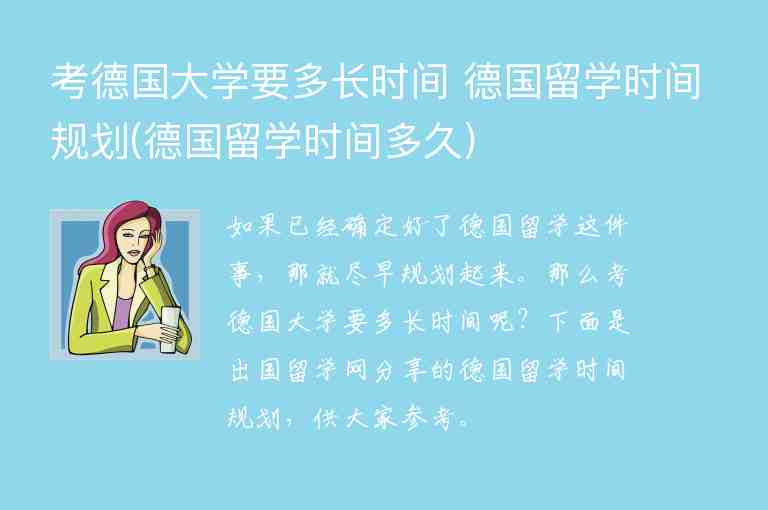allof是一个英语单词,意为“全部的”,“所有的”。它可以作为形容词或副词使用,用来表示整体、总体或全面的概念。它的用法非常灵活,可以用在各种场合,下面将为大家详细介绍。
怎么读(音标)
allof [ˈɔːl ɒv]
用法
allof作为形容词时,通常放在名词前面,表示“所有的”、“全部的”、“整个的”等含义。:
1. All of the students passed the exam. (所有学生都通过了考试。)
2. She ate all of the cake. (她吃了整个蛋糕。)
3. Please give me all of your attention. (请把你所有的注意力都给我。)
当allof作为副词时,通常放在动词后面,修饰动作的全程或范围。:
1. He ate all of his dinner. (他吃完了自己盘子里的所有食物。)
2. She read all of the books in one day. (她一天内读完了所有书籍。)
3. I want to visit all of the famous attractions in this city. (我想去参观这个城市所有著名景点。)
例句1-5句且中英对照
1. All of us are going to the beach tomorrow.
我们全部明天要去海滩。
2. She has read all of the books in the library.
她已经读完了图书馆里所有的书。
3. He drank all of the water in the bottle.
他把瓶子里的水全部喝完了。
4. The teacher gave all of her students a high score.
老师给她所有的学生都打了高分。
5. I have watched all of the episodes of this TV series.
我已经看完了这部电视剧的所有集数。
同义词及用法
1. Whole:意为“整个的”、“全部的”,与allof在某些情况下可以互换使用。:
- He ate all of his lunch. / He ate his whole lunch.
- She read all of the chapters in one day. / She read the whole book in one day.
2. Entire:意为“完整的”、“全部的”,与allof在某些情况下可以互换使用。但entire更强调整体性,而allof更强调数量或范围。:
- All of my friends are coming to my party tonight. / My entire group of friends is coming to my party tonight.
3. Every:意为“每个”的含义,与allof有时可以替换使用,但every更强调个体,而allof更强调整体或数量。:
- I have to check every document before submitting them. / I have to check all of the documents before submitting them.
编辑总结
allof是一个非常常用且灵活的词汇,在日常生活中经常可以见到。它可以作为形容词或副词使用,用来表示整体、总体或全面的概念。与其他同义词相比,allof更强调数量或范围,而不是个体。希望通过本文的介绍,大家能够更加清楚地理解和运用这个词汇。


